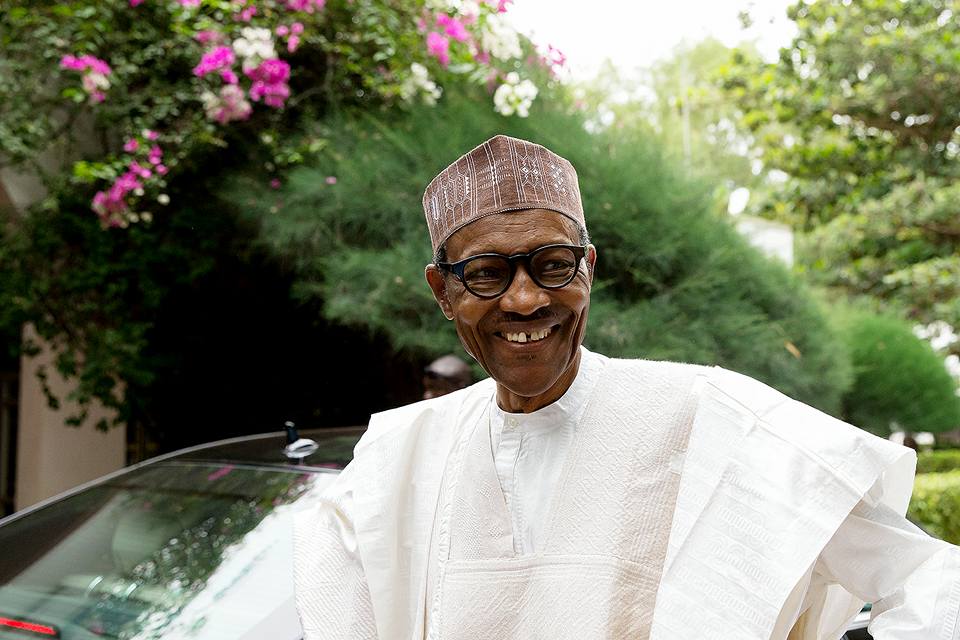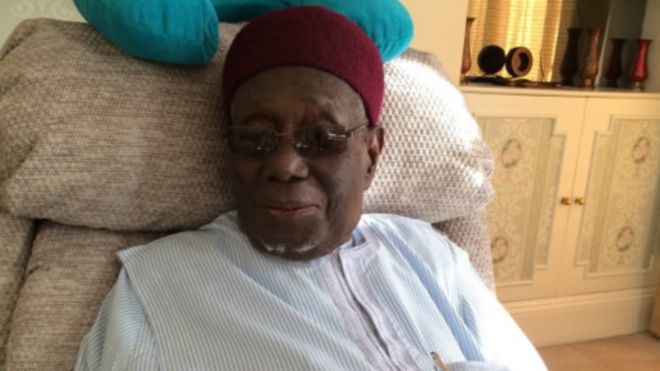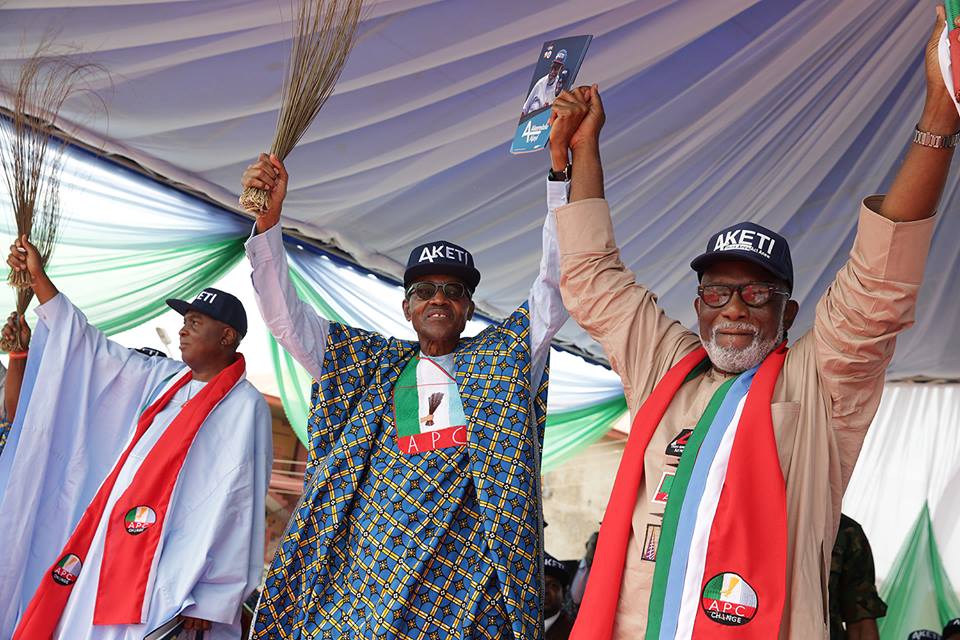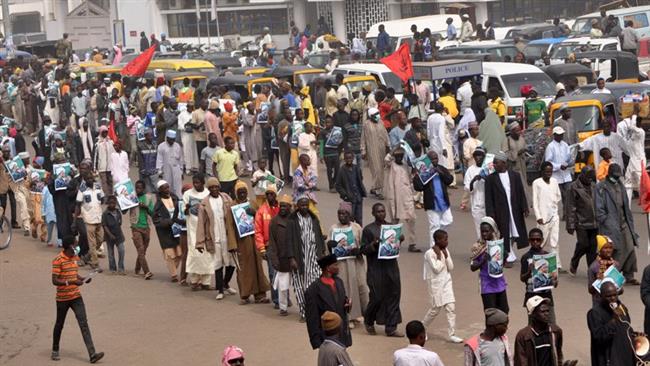BY IBRAHIM M. ZIKIRULLAHI
Last month, security agencies launched an unprecedented sting operation, arresting judges across several states. At the end of the sting, seven judges, including two justices of the nation’s apex court, had been hurled in for questioning.
The operation also resulted in the confiscation of cash running into millions in different foreign currencies. Some initial reactions attempted to narrate the raid as an attempt to muzzle and intimidate the judiciary. But one month later, and with the clear facts that are now in the public domain, it is apparent that the sting marks the start of what would be a long process of salvaging Nigeria’s desecrated justice system.
This position is anchored on an understanding of some of the issues that have come to the fore so far. A process of soul searching is already underway; several senior lawyers are scrambling to explain how they maintained ethically-tainted relationships with judges to the extent of paying monies into their accounts. The thin line between a ‘gift’ and a ‘bribe’, is receiving serious scrutiny from a very interested public. As this appraisal within the justice system continues, it is helping Nigerians understand the extent of the rot in what should be a scared institution of the state. The buying and selling of justice, it must be stressed, is at the heart of the recurrent upheavals that afflict the Nigerian State. When ordinary people perceive they will never get reprieve or redress from the justice system, they resort to self-help, as their only alternative.
Advertisement
Preventing such base instincts makes the judicial system, a critical social modulator, and the bulwark, to prevent any descent into anarchy. In the Nigerian context, however, several crooks in the temple of justice have cashed on the weighty nature of judicial powers to enrich themselves. They have entrenched a form of judicial apartheid, wherein there exists one form of justice for the rich and powerful, and another for the poor and vulnerable. For long, this subliminal notion of bifurcated justice had always appeared to be normal. It took the surgical strike of October for actors in the system to be jolted from their reverie. As things stand, the enforced notion of justice as a commodity for the highest bidder, is totally unacceptable to the citizens of this country.
For us at the Resource Centre for Human Rights and Civic Education (CHRICED), we stand firmly with the government in the ongoing onslaught against the rot in the nation’s judiciary, as well as in any other complicit arms of government. We find it a remarkable development that the fight against corruption is bringing into its dragnet, many who had carried on with impunity, believing they would never be touched. The willingness to take the fight against graft to the door step of those wielding the judicial powers of the state, is both courageous and commendable. From the revelations, so far, Nigerians can now see, beyond perception how justice has been serially mortgaged over time in this country. While we are not declaring anyone guilty before they are allowed to prove their innocence, we find it unacceptable that some in the otherwise hallowed temple of justice would choose personal enrichment over the sanctity of a critical national institution.
As a platform of active citizens, committed to good governance, we call on all civic agencies and anti-corruption activists to lend their support by giving the weight of their civic voice to this fight. If the fight against corruption is to gain the traction it urgently needs, civic platforms have to do their part. It is unhealthy to continue narrating this struggle against graft as the problem of the government alone. Civic institutions must get the Nigerian people, especially those at the grassroots to take ownership. Activists must also work to ensure that space is not taken over by the many apologists of corruption, who would stop at nothing in spinning narratives that distract the nation from the goal of dealing a good blow to graft.
Advertisement
We are certain that well-meaning Nigerians are therefore in support of the attempts to cleanse the Aegean stable in the judiciary, as well as in other institutions of the state. CHRICED calls on the Federal Government to follow up this surgical intervention by ensuring that the arrested judicial officers are quickly tried in courts of relevant jurisdiction. They must be made to account for their actions. In fact, we are of the view that the case of these judges, has again thrown up the question of special courts to devote specialised attention to cases of corruption.
Confidence will be eroded, if these kinds of cases are allowed to drag endlessly. The risk from such delays is that the accused would further conflate the issues around their indictment or the innocent, if there are, might not be absolved in reasonable time. We therefore call on the government to ensure that the required legal and administrative structures are put in place to ensure that these test cases in the war against corruption are speedily tried and dispensed with. It is by doing so that the confidence of the average Nigerian would be buoyed in the capacity of the government to successfully deal with graft.
Ibrahim M. Zikirullahi is the executive director of the Resource Centre for Human Rights and Civic Education (CHRICED), platform of active citizens campaigning for democracy and good governance.
Advertisement
Views expressed by contributors are strictly personal and not of TheCable.
Add a comment






